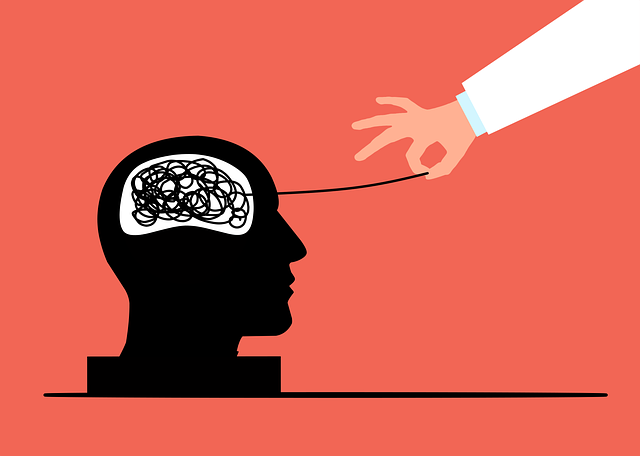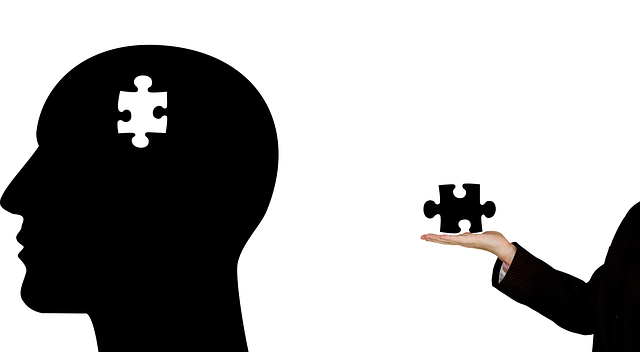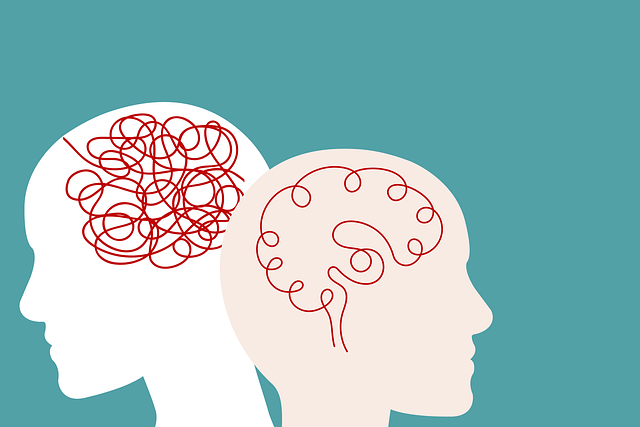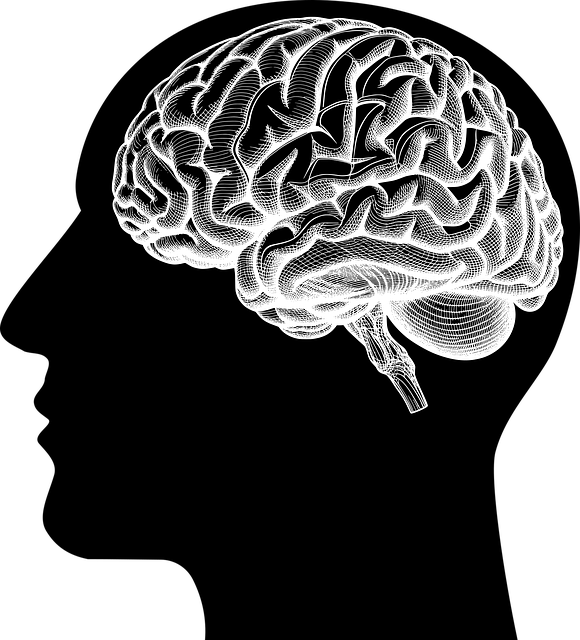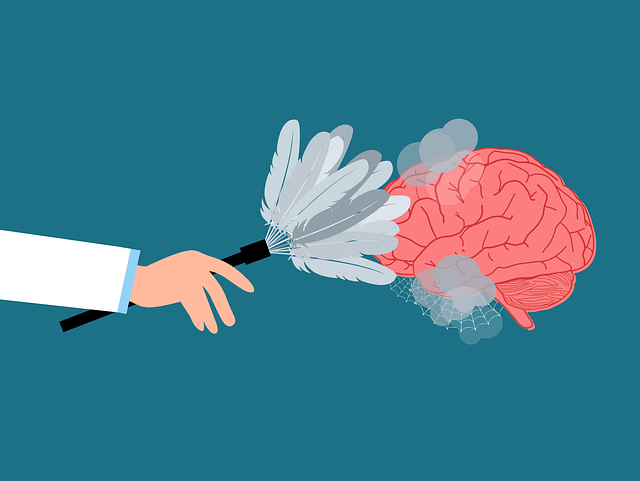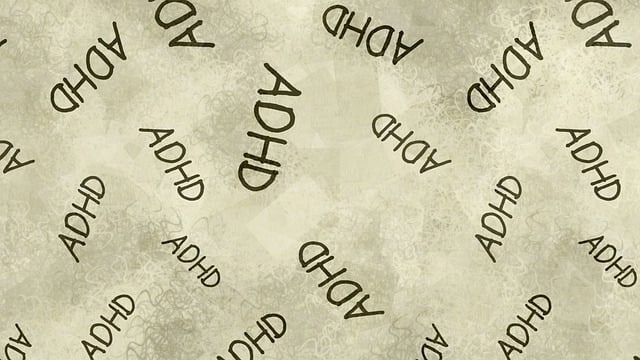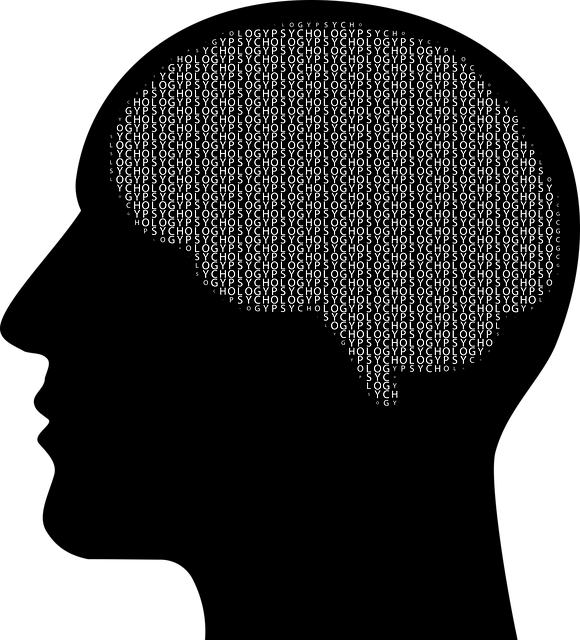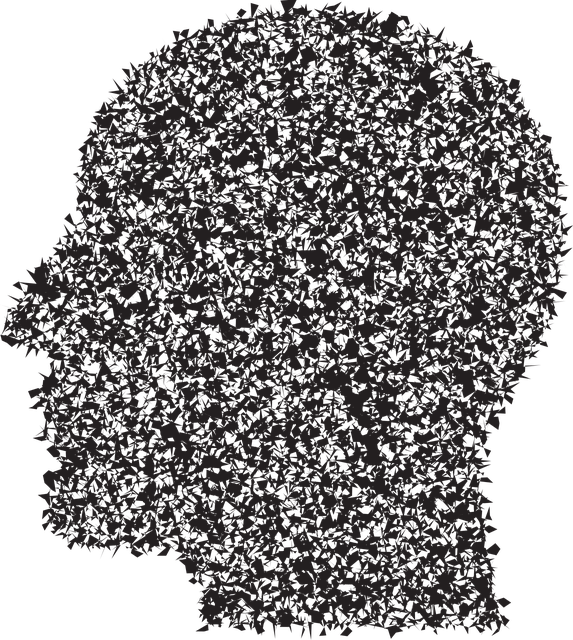Diagnosing mental illnesses accurately is challenging due to their diverse nature and subtle symptoms, with conditions like ADHD often sharing similar traits. Cultural biases and societal stigma can lead to misdiagnoses or delayed treatment. Mental health professionals are adopting comprehensive assessments integrating various techniques for more precise diagnoses. Lone Tree ADD-ADHD Therapy exemplifies this evolution by combining evidence-based practices, empathy building strategies, mind over matter principles, and burnout prevention for both patients and providers, resulting in improved diagnostic accuracy and tailored treatments.
Mental illness diagnosis accuracy is a critical aspect of patient care, yet it remains a complex challenge. This article explores strategies aimed at improving diagnostic precision, delving into the unique challenges of mental health assessment. We discuss enhanced tools and techniques, highlighting the significance of specialized therapies like Lone Tree ADD-ADHD Therapy in navigating these complexities. By understanding the current landscape, we can foster more effective approaches to diagnosis, ultimately benefiting patients’ treatment outcomes.
- Understanding the Challenges of Mental Illness Diagnosis
- Enhancing Diagnostic Tools and Techniques
- The Role of Specialized Therapy in Accurate Diagnosis: A Case for Lone Tree ADD-ADHD Therapy
Understanding the Challenges of Mental Illness Diagnosis

Diagnosing mental illnesses accurately can be a complex task due to their diverse nature and often subtle symptoms. Many conditions, such as Attention-Deficit/Hyperactivity Disorder (ADHD) presented by Lone Tree ADD-ADHD Therapy, share similar characteristics, making differentiation challenging. The impact of cultural biases and societal stigma further complicates the process, as individuals may underreport or misperceive their experiences, leading to misdiagnoses or delayed treatment.
Mental health professionals are increasingly recognizing the importance of comprehensive assessments, integrating various techniques and tools to capture the full spectrum of an individual’s symptoms and experiences. Risk Management Planning for Mental Health Professionals plays a crucial role in ensuring accurate diagnoses by providing structured guidelines and strategies to navigate these challenges. Moreover, fostering Inner Strength Development can empower both professionals and clients to navigate the complexities of mental health assessment, ultimately improving diagnostic accuracy and treatment outcomes.
Enhancing Diagnostic Tools and Techniques

The journey towards enhancing mental illness diagnosis accuracy involves a multifaceted approach, and one key area of focus is the evolution of diagnostic tools and techniques. Traditional methods often relied on subjective assessments, but modern practices are now incorporating advanced strategies to improve objectivity and precision. This shift includes integrating Empathy Building Strategies that foster deeper patient-therapist relationships, allowing for more nuanced insights into symptoms and their impact. By fostering understanding and trust, these approaches encourage patients to open up, providing vital context that can refine diagnostic accuracy.
Additionally, incorporating Mind Over Matter Principles in diagnosis offers a powerful perspective. This involves teaching individuals coping mechanisms and resilience-building techniques, empowering them to actively participate in their healing process. Such an approach not only enhances self-awareness but also provides valuable data for clinicians. As these strategies gain traction, especially in settings like Lone Tree ADD-ADHD Therapy, the overall diagnostic landscape is transformed, ensuring more accurate assessments and tailored treatments for those seeking mental health support.
The Role of Specialized Therapy in Accurate Diagnosis: A Case for Lone Tree ADD-ADHD Therapy

Specialized therapy plays a pivotal role in enhancing the accuracy of mental illness diagnoses, particularly for conditions like Attention Deficit Disorder (ADD) and Attention Deficit Hyperactivity Disorder (ADHD). Lone Tree ADD-ADHD Therapy, for instance, focuses on providing tailored interventions that cater to the unique needs of individuals struggling with these neurodivergent conditions. Through evidence-based practices, therapists in this specialized setting help patients navigate their emotional healing processes, fostering better self-awareness and coping strategies.
By integrating mental health education programs designed to demystify ADD/ADHD symptoms, Lone Tree ADD-ADHD Therapy empowers both patients and healthcare providers. This comprehensive approach not only ensures more accurate diagnoses but also paves the way for effective treatment plans. Additionally, burnout prevention strategies for healthcare providers are integrated into these therapy models, ensuring that practitioners remain equipped and empathetic throughout the diagnosis and treatment process.
Mental illness diagnosis has evolved, but challenges remain. By enhancing diagnostic tools and incorporating specialized therapy like Lone Tree ADD-ADHD Therapy, we can improve accuracy and better support those facing mental health issues. These efforts are crucial steps towards a more compassionate and effective healthcare system.
